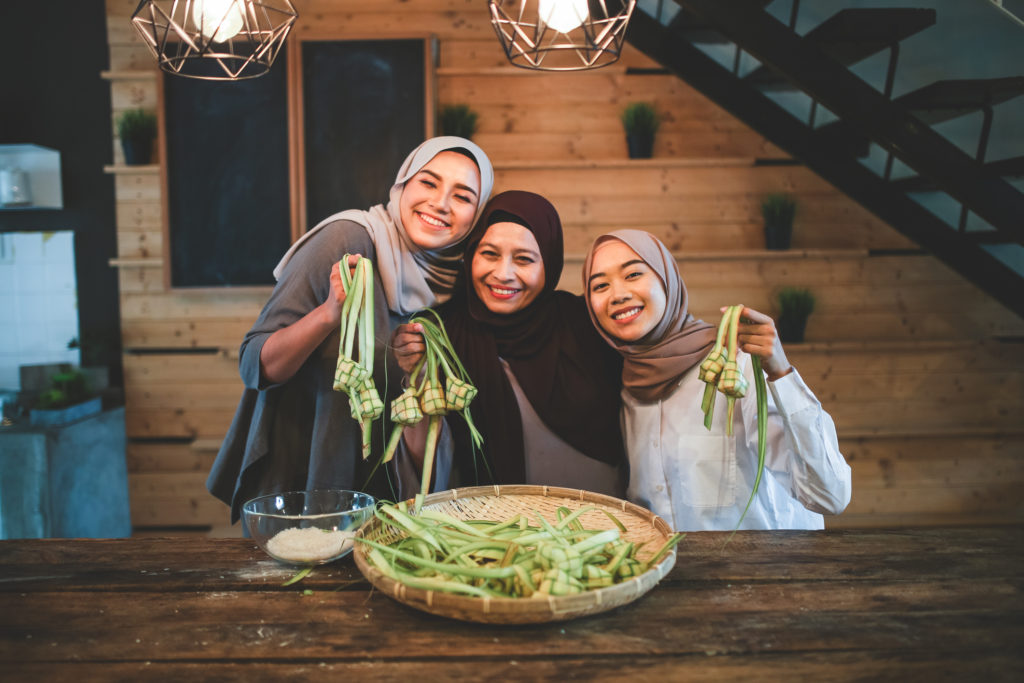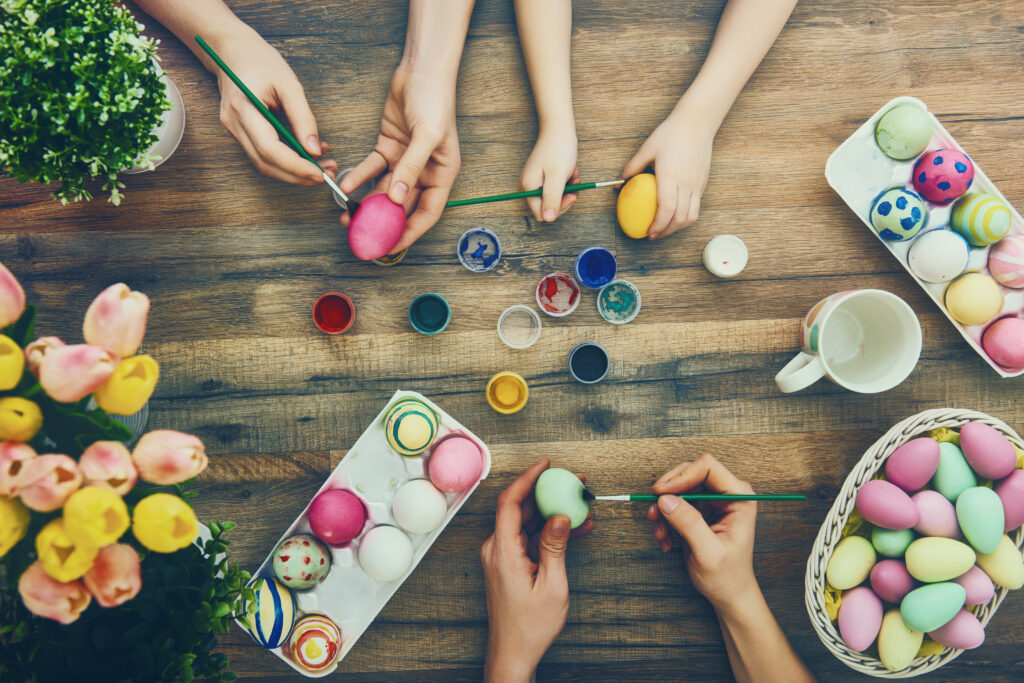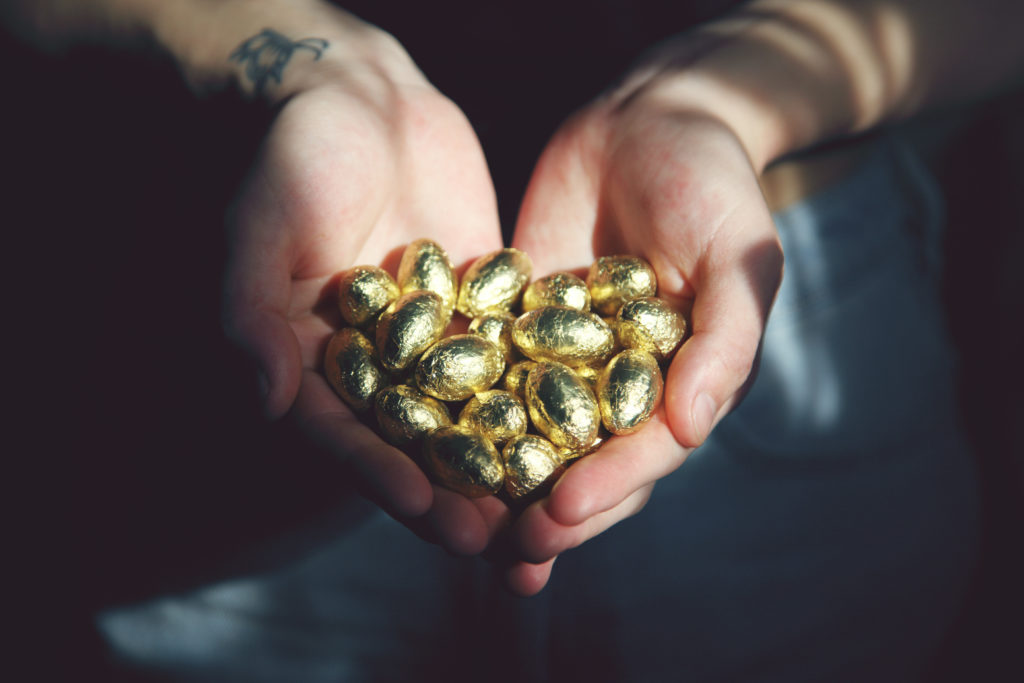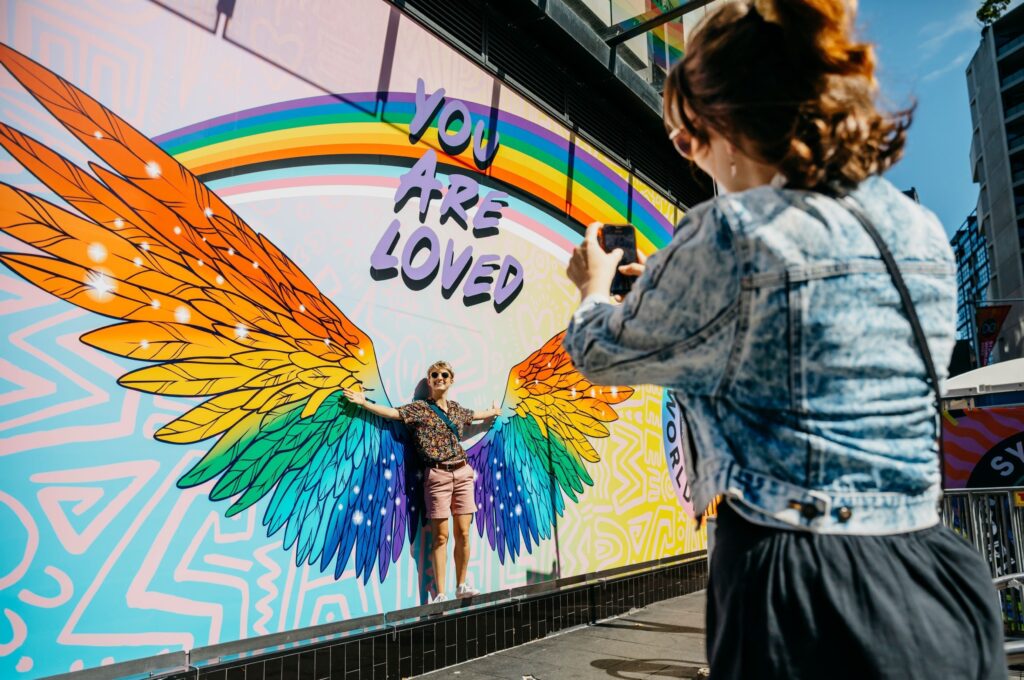Australia is home to people of many different cultural backgrounds and religious practices, including over half a million Muslims. The Islamic holy month of Ramadan is fast approaching, so there’s no better time to familiarise yourself with what the month means for Muslims.
If you’re a Muslim international student in Australia, we have put together a list of Muslim community groups you can join, and Ramadan celebrations and events you can enjoy.
What is Ramadan?
Significance
The fasting month of Ramadan is the holiest month on the Islamic calendar and is observed by almost two billion Muslims worldwide. Fasting during Ramadan is one of the Five Pillars of Islam, which are the five essential religious practices each Muslim must complete. The other pillars are faith in God, daily prayers, charitable donation and pilgrimage to Mecca.
The act of fasting gives Muslims the chance to renew their spiritual relationship with Allah (God), show compassion to the poor and needy, and practise qualities of patience, discipline and self-restraint. The month is considered a time of new beginnings and devotion to social causes.
Traditions
Throughout Ramadan, Muslims fast from sunrise to sunset, conduct special night-time prayers called tarawih in addition to the compulsory five daily prayers, and give a renewed focus to charity and spirituality. Muslims abstain from acts considered immoral, such as gossiping, backbiting and sexual relations during daytime hours. Ramadan Mubarak and Ramadan Kareem are two greetings you might hear being exchanged.
Participating in the Ramadan fast is obligatory for all capable Muslims. However, some Muslims are exempt. For example, pregnant women, young children and people with diabetes are not expected to fast, as doing so could put them at risk of physical harm. Menstruating women, the elderly and seriously ill, and those who are travelling are also exempt.
There is much variety in the cultural practices and traditions that occur during Ramadan. In countries like Turkey and Indonesia, drummers announce the pre-dawn meal of suhur. In Egypt, people put up colourful lanterns known as fanous. In the United Arab Emirates during Sha’ban (the last Lunar month before Ramadan), children go from house to house asking for sweets. This tradition, called Haq Al Laila, is considered an essential part of the nation’s identity.
Food and festivities
After suhur, Muslims do not eat or drink again until the evening. After breaking the fast (traditionally by drinking water and eating three dates in the example set by the Prophet Muhammad) and conducting the evening prayer (Maghrib), Muslims often gather for a communal meal called iftar. Many communities host events, markets and iftar dinners that are open to the public.
Ramadan ends with the festive holiday of Eid al-Fitr (known in some countries as Hari Raya), where Muslims gather together to feast, visit family and celebrate the end of the fast. Muslims join a special prayer that is unique to Eid al-Fitr, distribute money to young children in coloured envelopes, and start the new month with a renewed commitment to mindfulness.
When is Ramadan in 2025?
The Islamic calendar is based on the lunar cycle, which means that Ramadan begins on a different date each year. Traditionally, the start of Ramadan is announced when the crescent moon is first sighted in the sky.
This year, the first day of Ramadan is expected to fall between 28 February 2025, depending on the sighting of the moon. Ramadan lasts for 30 days, meaning it will end around 30th March 2025.
Does Australia celebrate Ramadan?
Many Australians celebrate Ramadan – in fact, there are over half a million Muslims in Australia. That means that each year, communities hold markets and public events.
Where you can celebrate Ramadan and El al-Fitr
Sydney: Check out the vibrant street festival Ramadan Nights Lakemba from 27 February until 30th March 2025, or head to The Eid Show in Condell Park.
Melbourne: A range of events are running during Ramadan in Victoria, including the Melbourne edition of The Eid Show. Check out the Melbourne Muslim Events Facebook page to discover more events.
Brisbane: United Muslims of Brisbane hosts a range of events. Check their website or Facebook page for updates.
Perth: Perth Muslim Community Events is the perfect place to stay updated on upcoming events during Ramadan.
Adelaide: The Adelaide City Mosque is an excellent place to learn about events taking place during Ramadan, such as Ramadan workshops. You can stay up to date on upcoming events via its website.
Canberra: The Islamic Society of ACT, which runs out of Canberra Mosque, regularly updates its website with details of events for the Muslim community in Canberra.
Darwin: Keep up to date with the Islamic Society Of Darwin for events during Ramadan.
Hobart: The Hobart Mosque Facebook page is a great place to find updates on upcoming Ramadan events in Tasmania.
Muslim community groups in Australia
The Muslim population in Australia is diverse and consists of many different cultural backgrounds. Some communities might visit certain mosques more frequently than others.
The Lakemba Mosque in Sydney, for example, is owned by the Lebanese Muslim Association, whereas the Auburn Gallipoli Mosque is used by a large portion of the Turkish Australian community. However, Muslims of all backgrounds – including converts – pray at these mosques, as the mosque is considered a holy space for people to gather peacefully as one community, or ummah.
Some Muslim community groups in Australia include:





